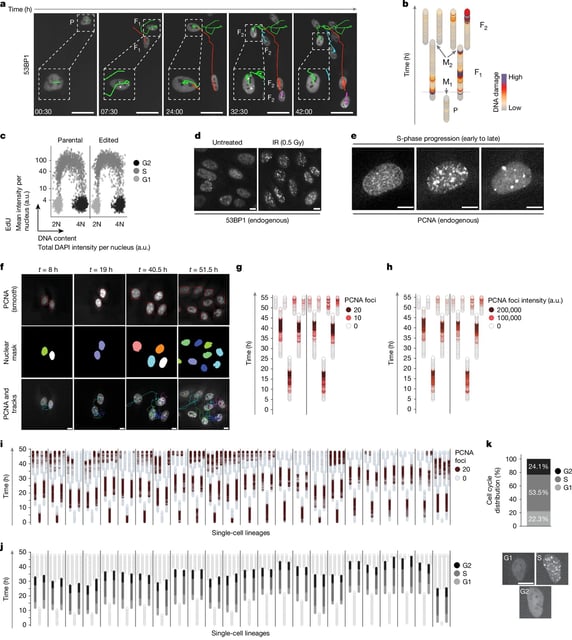Overview
- University of Zurich researchers developed a CRISPR-based live-cell imaging platform to track cancer cell behavior across generations in real time.
- The study demonstrates that stress in mother cells causes heritable DNA damage and desynchronization in daughter cells, fueling long-term tumor diversity.
- Distinct pathways to polyploidy—rereplication and endoreplication—were identified, each contributing uniquely to genomic instability and drug resistance.
- Integration of single-cell transcriptomics and pharmacological experiments linked specific replication errors to stability outcomes, advancing understanding of tumor evolution.
- Plans are underway to automate data analysis using AI, with a focus on developing therapies targeting polyploidy and DNA-damage response mechanisms.
